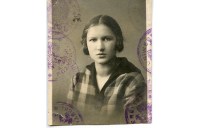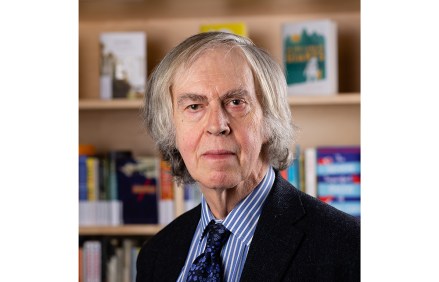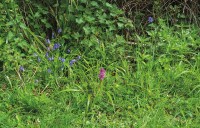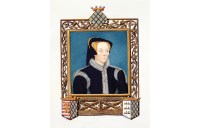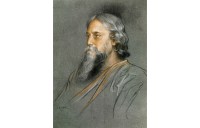Max Jeffery, David Shipley, Patrick Kidd, Cindy Yu, and Hugh Thomson
33 min listen
On this week’s Spectator Out Loud: Max Jeffery interviews Afghan resistance leader Ahmad Massoud (1:13); former prisoner David Shipley ponders the power of restorative justice (8:23); Patrick Kidd argues that the Church should do more to encourage volunteers (14:15); Cindy Yu asks if the tiger mother is an endangered species (21:06); and, Hugh Thomson reviews Mick Conefrey’s book Fallen, examining George Mallory’s tragic Everest expedition (26:20). Produced and presented by Patrick Gibbons.











